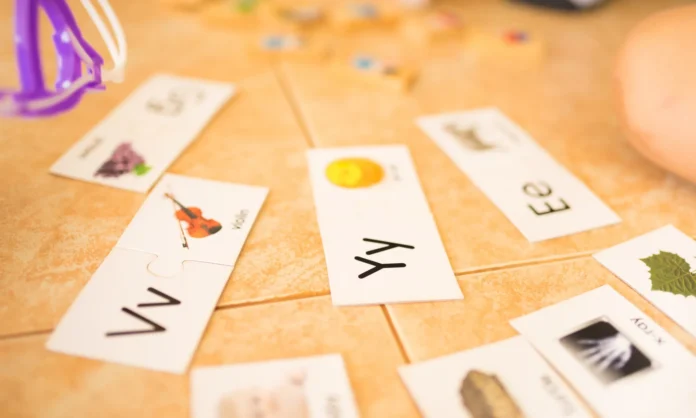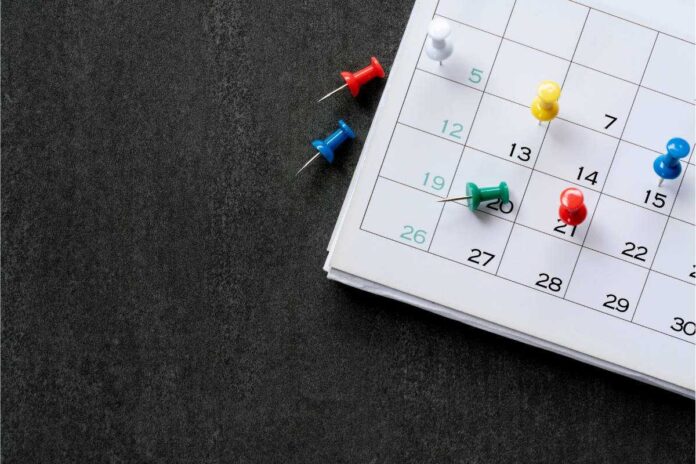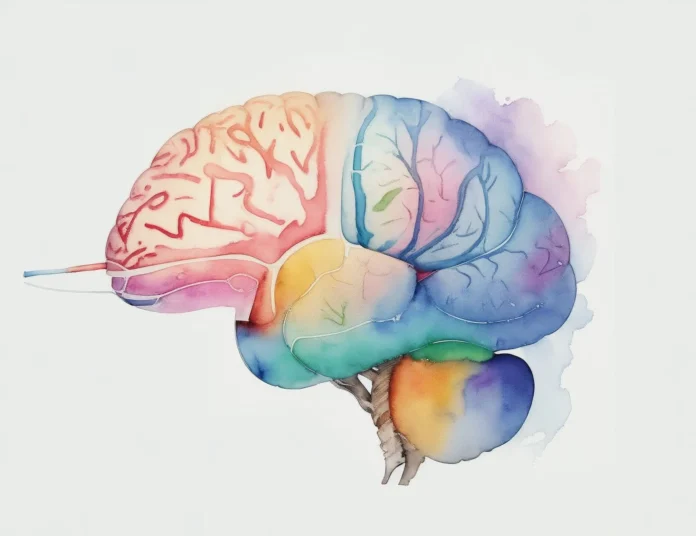
Learning how to learn and memorize is easier said than done. When we are in elementary, high school, or even college, we are trying to retain so much new information, and we are constantly getting tested on our ability to memorize things.
This can be challenging for a lot of people, and we are all striving to find new and better ways to train our minds.
In this article, we are going to try and help with your goal, and we will tell you how flashcards and spaced repetition can transform your memory. Continue reading to learn more about the benefits of these learning methods and how they can help unleash your mind.
How Can Flashcards Help Boost Your Memory?
Flashcards, seemingly rudimentary, have been cornerstones of effective learning for generations. But what gives them such staying power in our educational toolkits? The beauty of flashcards lies in their simplicity and adaptability. At their core, they aim to break down vast amounts of information into bite-sized chunks, making complex ideas and concepts more digestible.
Each card, bearing a question on one side and the answer on the other, serves as a self-contained unit of knowledge. This design encourages learners to actively engage with the material, prompting them to recall the answer rather than passively reading it. The act of recalling strengthens neural pathways, making the information more ingrained in one’s memory.
Why Does Spaced Repetition Work?

Spaced repetition, on the other hand, is a cognitive technique that understands and leverages the workings of our memory. Traditional learning methods often involve cramming — where learners immerse themselves in content in one go. Spaced repetition challenges this approach by introducing intervals between each review session.
The rationale? Our brains are more likely to retain information that appears to be ‘important’. By revisiting the material just as we’re about to forget it, we signal to our brain that this information is vital, and therefore, it fortifies the memory trace of that data.
How Can You Harness the Power of Artificial Intelligence?
Artificial Intelligence has carved its niche in various sectors, and education is no exception. Within the realm of flashcards and spaced repetition, platforms like Gizmo act as a guiding hand, refining the learning process based on individual user data.
By analyzing a student’s interactions with flashcards – the time taken to answer, the frequency of right answers, and the patterns of mistakes – AI can pinpoint areas of strength and weakness. This continuous, real-time analysis allows for a more targeted learning experience, ensuring that learners spend time on material they haven’t mastered rather than what they already know.
Know That You Are Free to Learn at Your Own Pace

The beauty of integrating AI with spaced repetition is in the precision of the spacing intervals. While generic spaced repetition might offer average time intervals for review, AI tailors these intervals for each learner.
By gathering data from countless interactions across various learners, AI can predict the optimal time for a student to review a piece of information before it starts to fade from their memory. This fine-tuning ensures that the student interacts with the flashcard just at the brink of forgetting, reinforcing neural pathways more effectively and deepening memory retention.
How Can Flashcards Help You Achieve Maximized Retention?
When flashcards meet spaced repetition, the result is a dynamic duo of active recall and optimal review intervals. Consider platforms that have digitized and optimized this combination. These platforms adjust the intervals for each card based on your performance.
Cards you find challenging reappear more frequently, while those you grasp quickly are spaced out. This personalized learning curve ensures that every piece of information receives the attention it demands, thereby maximizing retention.
Remember That It’s More About Memorization, It’s About Training Your Brain

While both flashcards and spaced repetition are potent tools for memory, their impact extends beyond rote memorization. They cultivate a deeper understanding of the subject matter. As learners engage repeatedly with the content, they begin to see connections, patterns, and broader implications.
Over time, this doesn’t just equip them with facts, but with a holistic grasp of the topic. It’s the difference between memorizing a formula and understanding the underlying principles that make it work.
You Cannot Achieve Anything Without Being Consistent
All these techniques underscore one fundamental principle: consistency. It isn’t about how many hours you put in one day but about the regular, consistent effort over time. A consistent engagement with flashcards, bolstered by the strategic intervals of spaced repetition, ensures that learning becomes a daily habit rather than an overwhelming task.
This daily interaction with content, even if it’s just for a few minutes, keeps the learner in a perpetual state of engagement, facilitating long-term retention and a deeper understanding of the subject.
You Can Always Personalize Your Learning Experience
Artificial intelligence and digital platforms don’t just offer an enhanced version of traditional learning methods; they revolutionize them. In the context of flashcards, it can dynamically create cards that cater to individual learning objectives.
For instance, if a student frequently struggles with a specific topic, AI can generate related flashcards to offer a more holistic understanding, bridging gaps in knowledge.
Moreover, by evaluating a student’s pace and style of learning, AI can adjust the presentation of information, making it more relatable and understandable for that particular learner. This kind of personalized experience makes the learning journey not just efficient but also more enjoyable.

Know How to Use Feedback to Improve Your Mind and Memory
One of the most valuable aspects of AI-driven learning tools is the feedback mechanism. Traditional flashcards and spaced repetition systems lack the ability to provide comprehensive feedback.
With AI, after each learning session, students can receive insights into their performance, identifying patterns, suggesting areas of focus, and even offering tips on improving memory techniques. This feedback isn’t generic; it’s crafted based on the individual’s performance, ensuring that the advice is actionable and relevant. Over time, as the AI system gathers more data on the learner, this feedback becomes even more precise, paving the way for consistent improvement and growth.
Memory isn’t just a static capacity; it’s a skill, malleable and ready to be honed. Flashcards, with their direct approach to active recall, combined with the strategic intervals of spaced repetition, present a roadmap to mastering this skill. As we evolve in an age inundated with information, these techniques aren’t just tools but essential skills. By understanding and leveraging them, learners aren’t just memorizing; they’re unleashing the boundless potential of their minds, ensuring that they don’t just learn but truly comprehend and retain.








